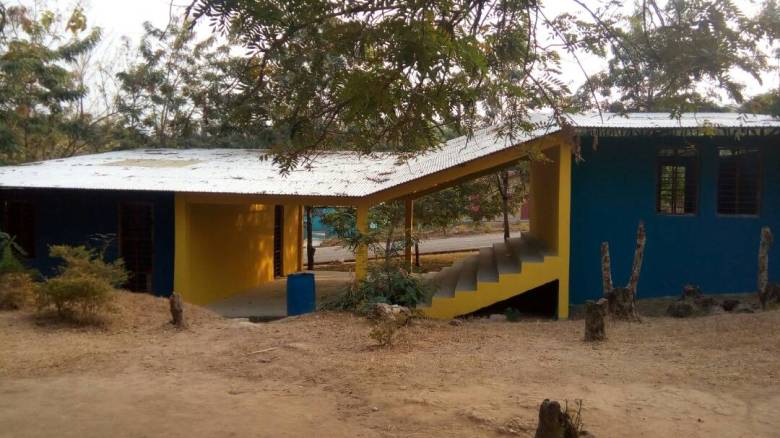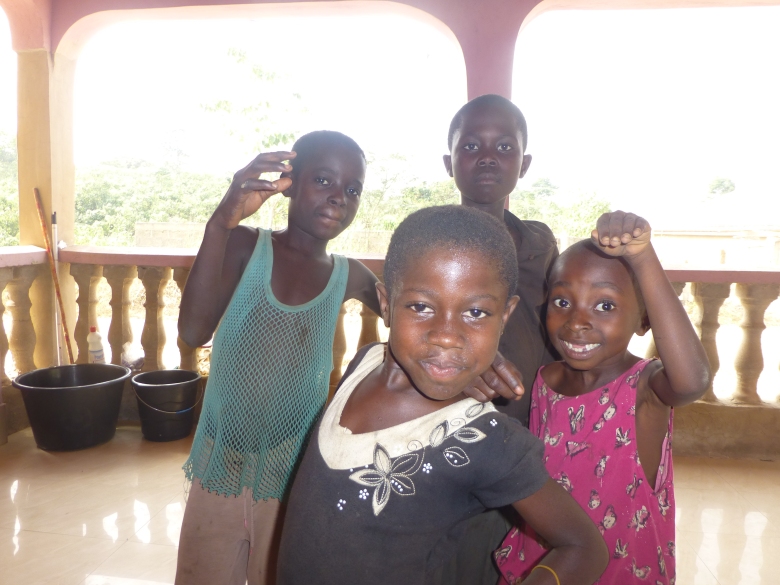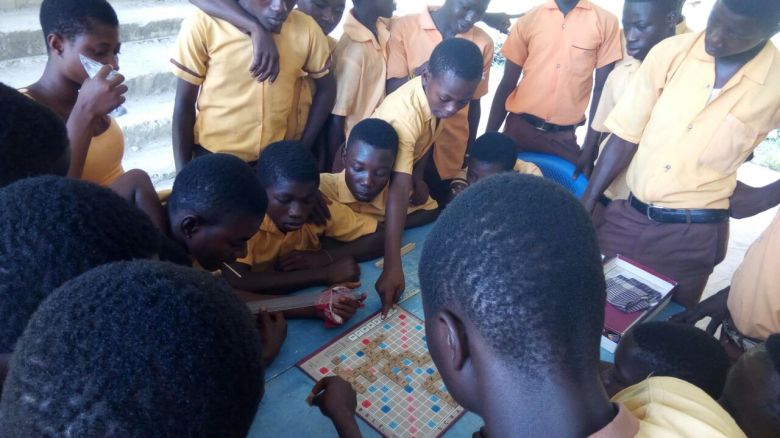Names are important. Not only do they give a first impression, but they actually inform the identity of the thing or person they’re attached to. Parents often name their children based on how or who they want them to become. “Look to your namesake, [Alexander, George, Martin Luther, etc.]”

Igbo parents embed bold hopes or claims in their children’s names, like Chimankpam (“God knows my needs”) and Zioranmachukwu (“Show the world God’s beauty”). Ghanaians who wish to embrace their African identity often throw off their European-inspired “Christian” names and replace them with local ones, like the poet George Awoonor who became Kofi Awoonor.
When we partnered with the village of Asisiriwa in Ghana to build a literacy center and library, we were intentional about so many things, from using the local environment to stocking the library with appropriate reading material. We knew we had to be intentional about the name. It wouldn’t be enough to simply call it the “Asisiriwa Literacy Center”, because 1) it’s so much more than that, and 2) that’s not the right language.

Asisiriwa is 100% Twi-speaking. Sure, there are some immigrants from the North who speak their mother tongues in the home and the kids have to learn English in school, but the language spoken in public – in almost all domains – is Twi. It’s the language of the heart there, and that’s why we have been committed to offering Twi literacy classes and writing workshops on an equal footing with English since the project started. The literacy center belongs to Asisiriwa, so it only makes sense to give it a Twi name.

Thankfully, Asisiriwa is the home village of Professor Kofi Agyekum, one of the foremost Twi linguists of all time. When Coca Cola started its campaign of featuring people’s names on individual bottles and cans, they consulted Prof. Agyekum on how to do it in Ghana. When a local bus company wanted to give their coach types Twi names, they turned to Prof. Agyekum. So we had access to the expert.

I provided some keywords to try and get at the heart of the project. Honestly, I don’t like the name “literacy center” to begin with, because it’s not really about literacy. It’s about storytelling. As our motto says, storytelling unlocks imagination, which unlocks innovation – it’s just that we have to offer literacy classes in order to empower the reading and writing of stories. So I wanted to move past the ideas of books, libraries, and classes. That’s when Prof suggested Kasadwini Atenaeɛ.
Professor Agyekum coined the term “kasadwini” in 1998, and it has been used since then within Akan Studies to refer to literature or verbal art. It combines the words kasa (“language”) and adwini(“art” or “design”). Atenaeɛ comes from the verb tena ase, which means “to sit down”, so it refers to a place where people sit (thus, a center). So Kasadwini Atenaeɛ (ka-sa-jwih-nee ah-tih-nye-ay) is a place where people gather and sit to enjoy the art of language. That, to me, is perfect.


Names are important. When the people of Asisiriwa and the surrounding villages walk by the bright blue and yellow building with the cool, slanted roof and see the signboard outside that says Kasadwini Atenaeɛ, they will know that their language matters, that something new and exciting is happening, and that somehow art is being consumed or created through words. And they will be welcome to join in.
If you would like to contribute to finishing the center, feel free to go here to make a tax-deductible donation.








